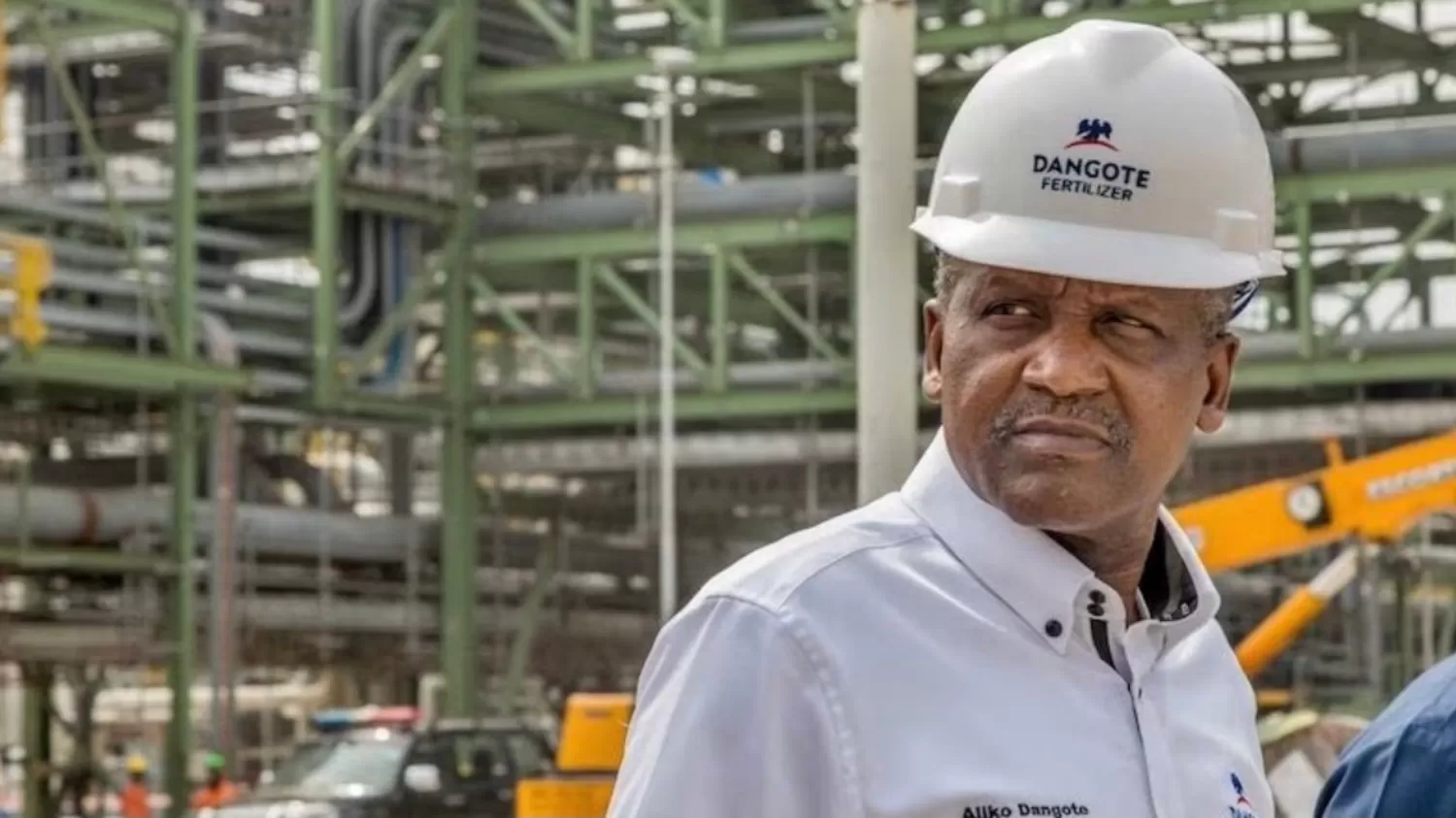Dangote Refinery: A Game-Changer or a Monopoly?

The Dangote Petroleum Refinery, built by Africa’s richest man Aliko Dangote, has been making headlines as it prepares to ramp up production. The $19 billion facility, located in the Lekki Free Zone outside Lagos, Nigeria, is set to produce 550,000 barrels per day by the end of the year, according to Dangote himself.
The refinery, which spans nearly 4,000 football fields, has been touted as a game-changer for Nigeria’s economy. It aims to process enough oil to not only make Nigeria self-sufficient in petroleum products but also supply petrol, diesel, and jet fuel to other African countries.
However, the refinery has not been without controversy. The Nigerian National Petroleum Corporation (NNPC) has accused Dangote of seeking a monopoly in the market, claiming that his refinery’s products are of a low standard. The regulatory agency has also raised concerns about the “indiscriminate issuance of licenses” and the alleged unavailability of international standard laboratories, which could lead to the importation of contaminated fuel.
Despite these allegations, many Nigerians are hopeful that the Dangote refinery will lead to a big increase in the availability of petrol and a subsequent drop in prices. The refinery’s diesel and aviation fuel production has already begun, and it is expected to reach full capacity by the end of the year.
However, some experts have raised concerns about the potential for a monopoly. Nigeria’s junior petroleum minister, Heineken Lokpobiri, has called for a “collaborative effort” to address the issues facing the refinery.
As the debate continues, one thing is clear: the Dangote refinery is a significant development for Nigeria’s economy and could have a major impact on the country’s energy security.







